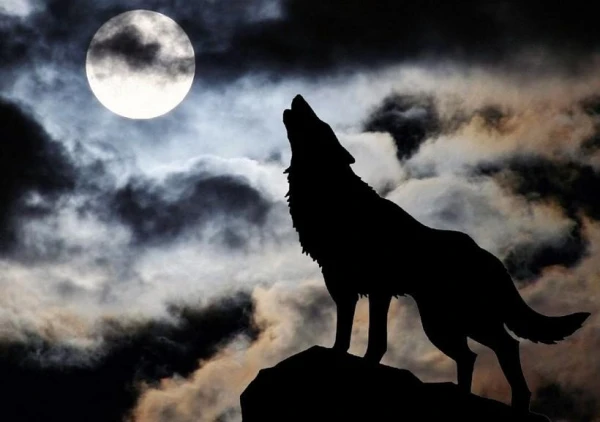
Dogs that have relatively more wolf traces in their DNA love to howl like wolves.
Everyone has probably heard a dog's howl, and many have surely noticed that not all dogs howl the same way: some don’t howl at all, some occasionally whine, while others howl constantly.
Some dogs respond to a variety of sounds with howling, from car alarms to music from speakers. It is believed that this is related to breed: some breeds seem to be more prone to howling, and this is associated with a particular genetic closeness to wolves.
Researchers at the University of Budapest conducted an experiment with 68 dog breeds, playing them wolf howls and observing how the dogs reacted. The breeds varied widely; some had relatively more wolf traces in their genome, while others had relatively less. (Breeds with a greater wolf admixture are often referred to as "ancient," as opposed to others, "modern," but we have previously explained the conditional nature of dividing dog breeds into ancient and non-ancient.)
An article in Communications Biology states that all dogs responded to the wolf howl, but those that were genetically closer to wolves responded with howling more frequently than others. The further a breed was from wolves in DNA, the more likely the dog was to bark rather than howl. In other words, "more wolf-like" sled dogs such as Samoyeds or Huskies howl more readily than French Bulldogs.
Howling was clearly associated with stress: howling dogs were more anxious and nervous when they heard the wolf howl. Researchers believe that howling breeds understand the meaning of the howl better, while for others it simply indicates some uncertain situation, possibly dangerous. In fact, a dog’s response howl may be a way to avoid confrontation, a way to alert its pack that it needs to get away — just like wolves, which howl not only for their own but also for outsiders, to warn where everyone is and to avoid unnecessary fights.
Dogs also howled differently depending on their age. In fact, differences between breeds began to manifest after five years, meaning young Huskies were not more prone to howl than young Bulldogs. The longer a dog lives, the more life experience it has, and life experience is often associated with some frightening or unpleasant situations — it is known that older dogs are more cautious and fearful than younger ones. Probably, since older dogs are more prepared for various dangers, they howl more readily. Neutered males howled in response to the wolf howl more often, and again it is said that neutered males are more fearful. There was no such dependence in females: spayed and unspayed dogs howled equally. Overall, there seems to be a certain connection between a dog's tendency to howl and fearfulness, but, as the authors themselves say, the hypothesis that dogs howl due to stress and fear still needs to be tested.


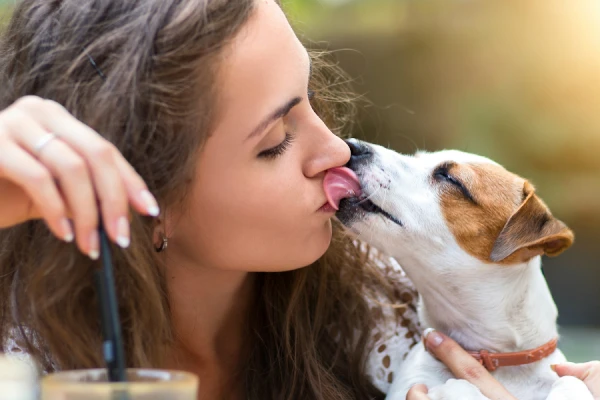





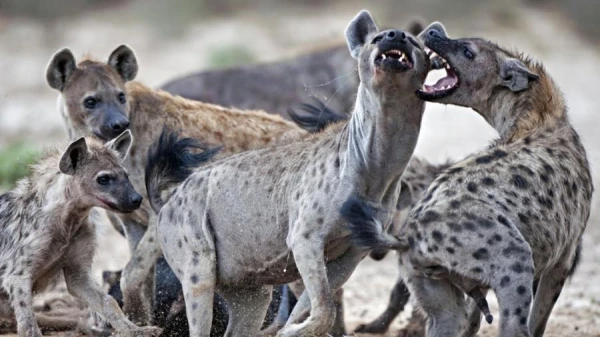



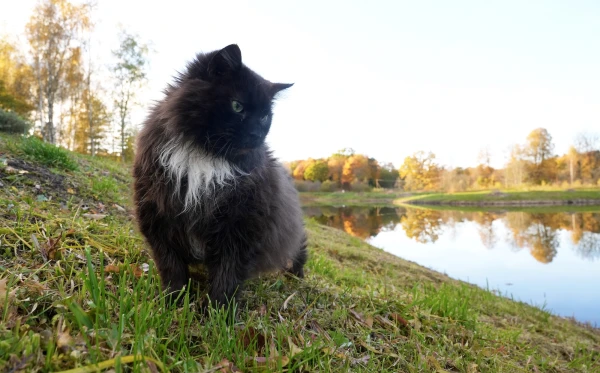

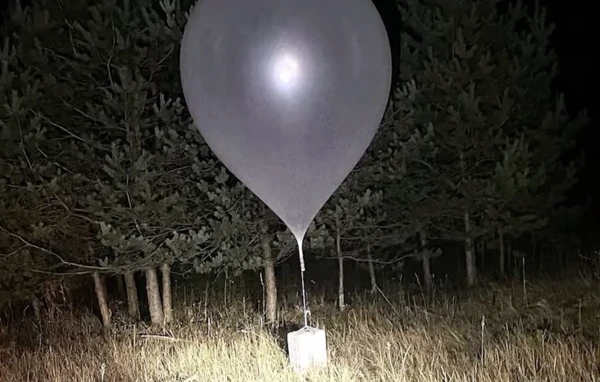
Leave a comment